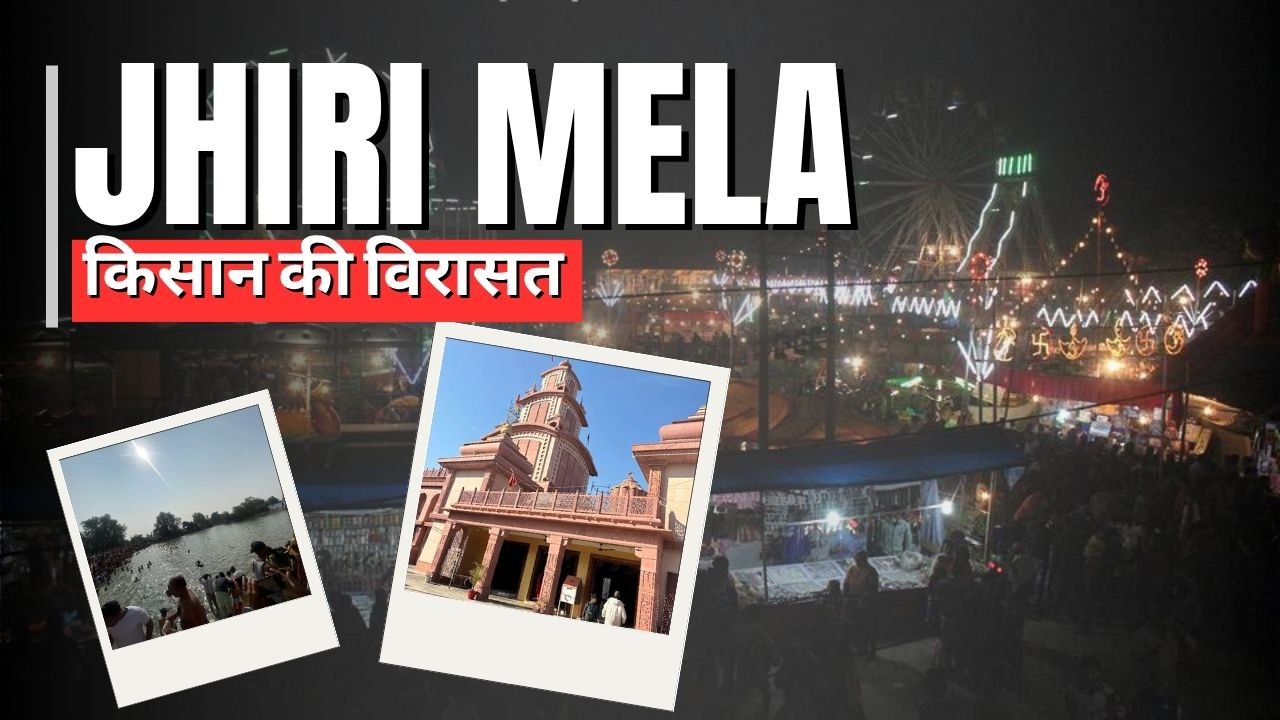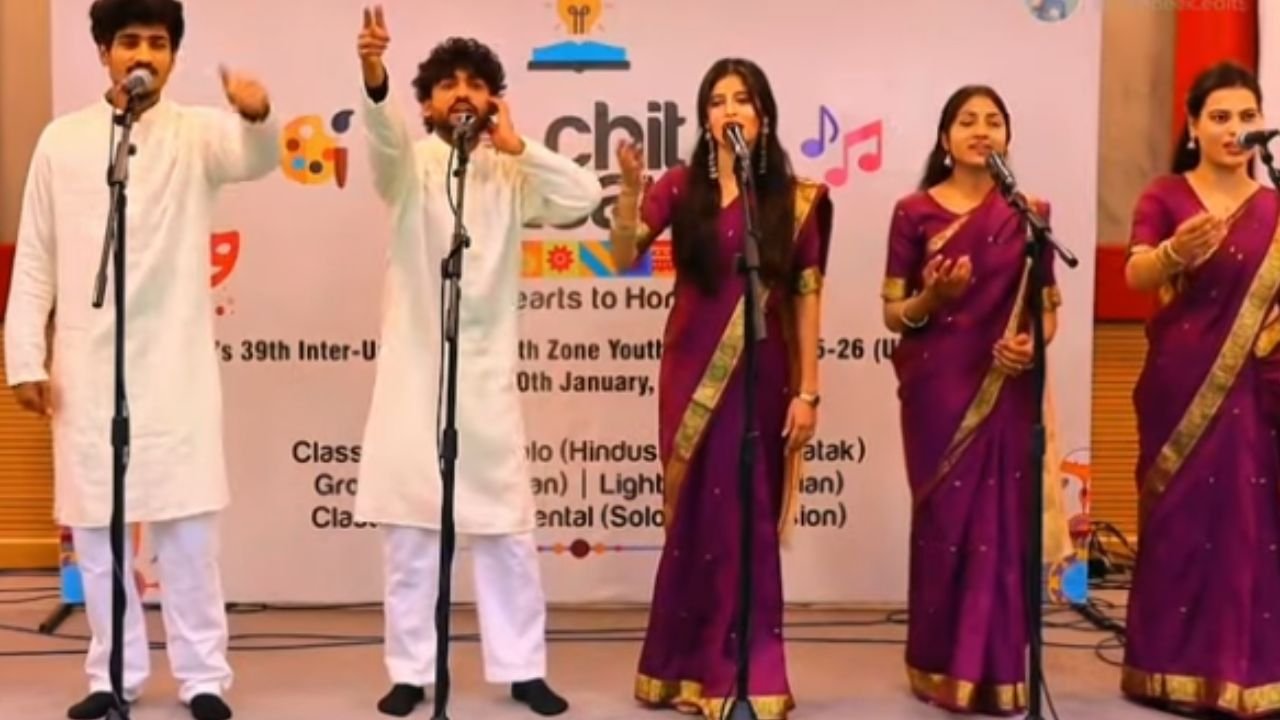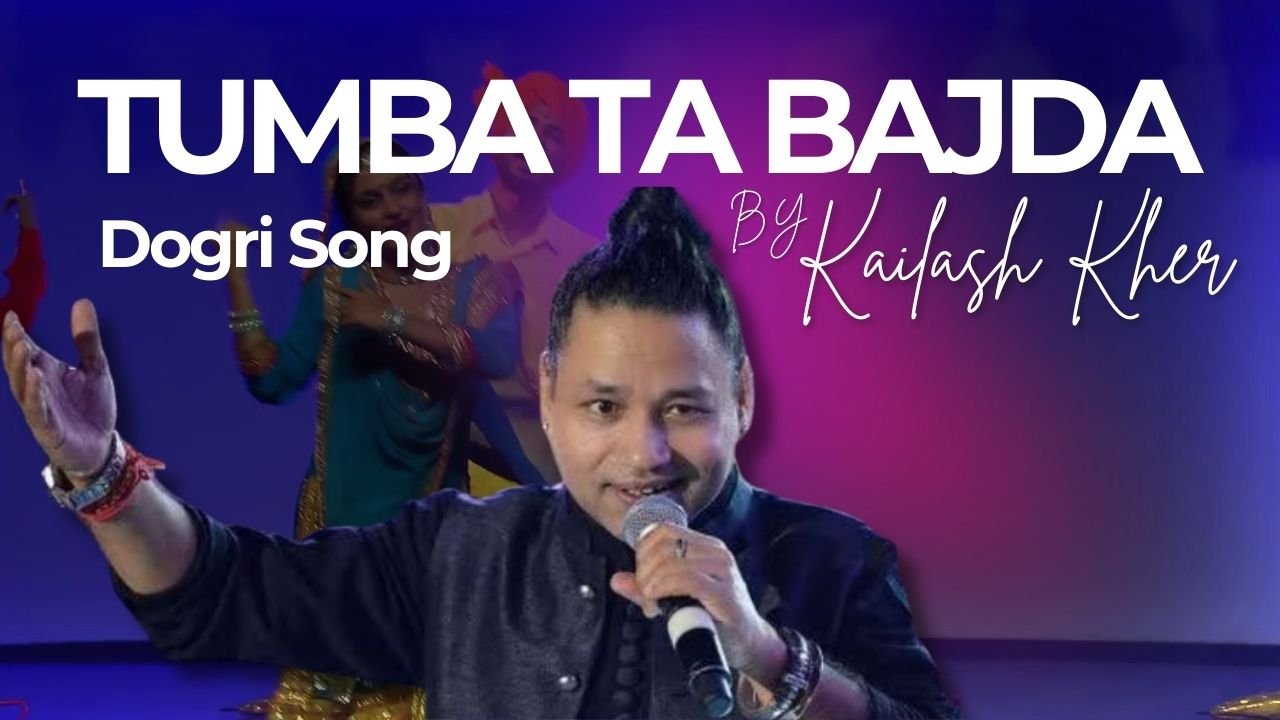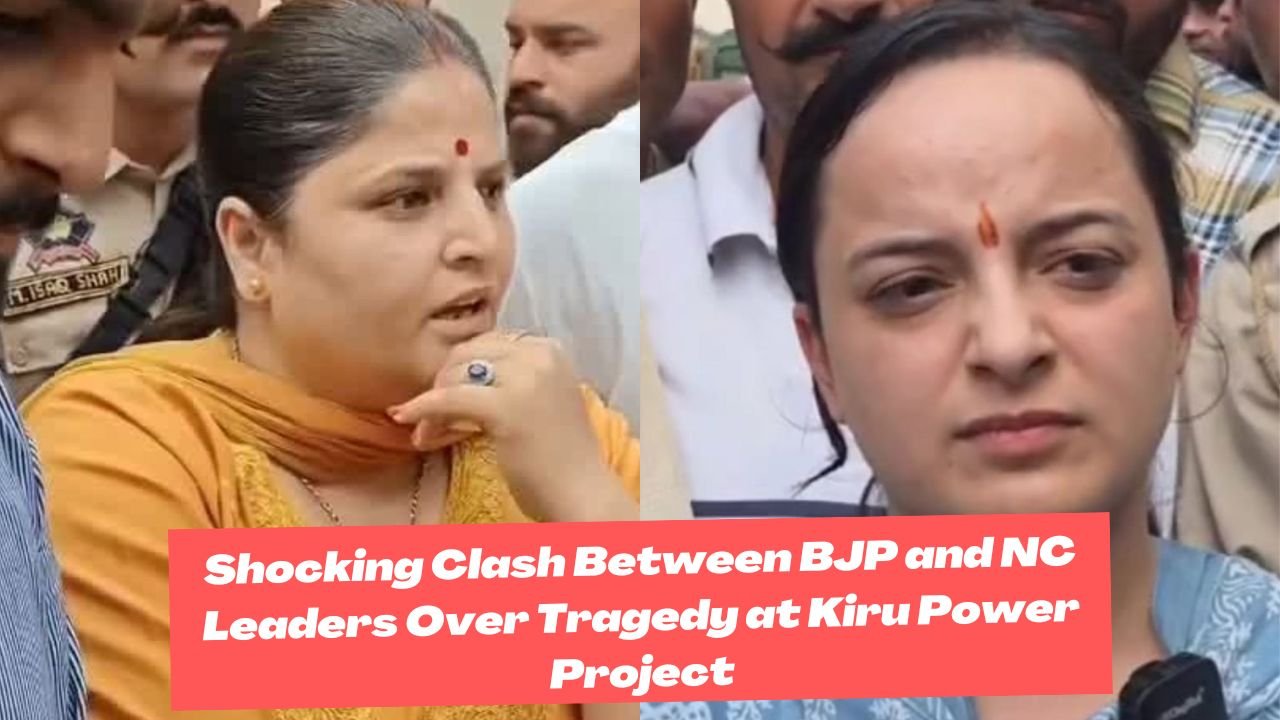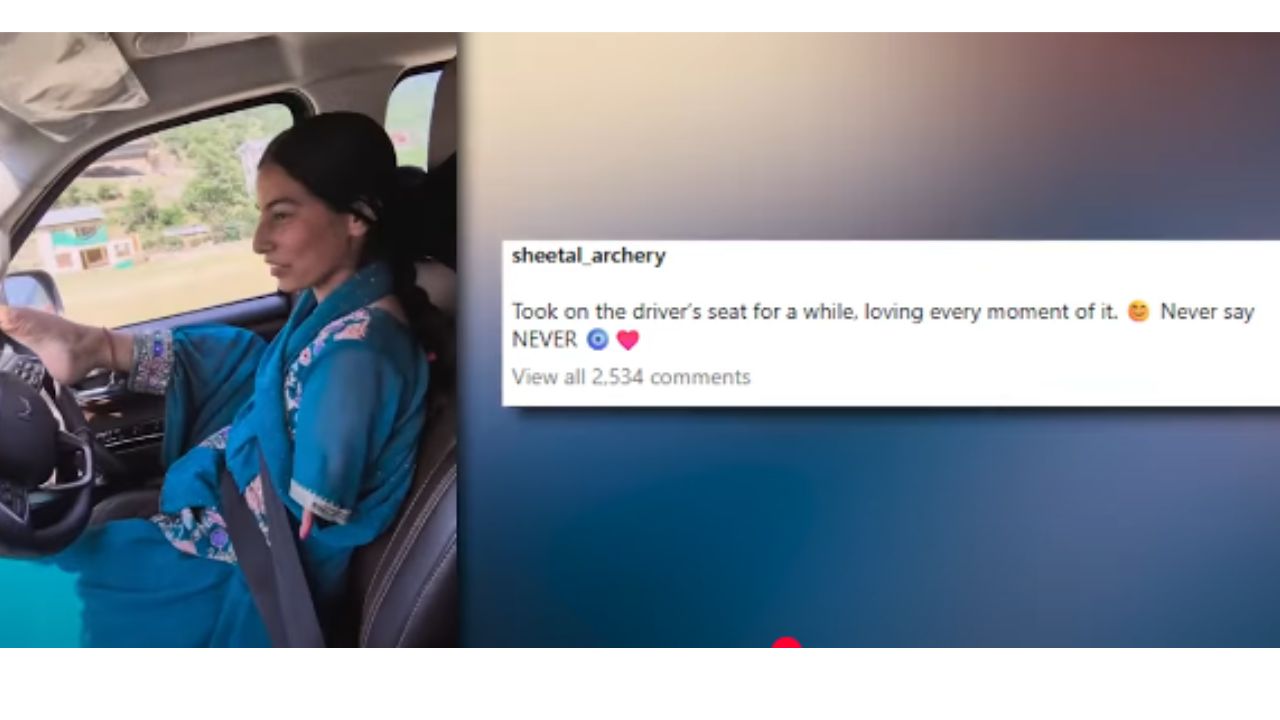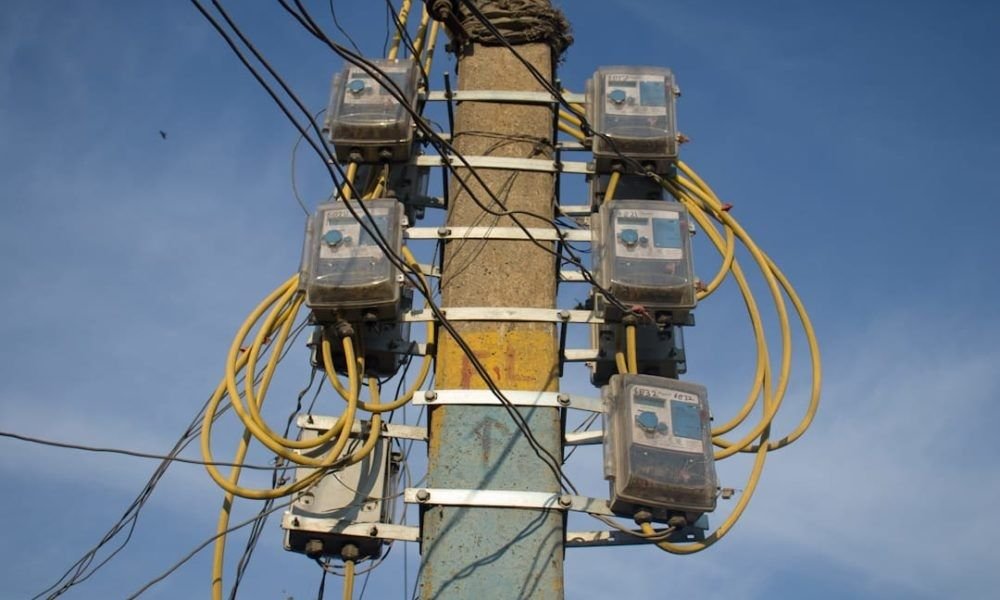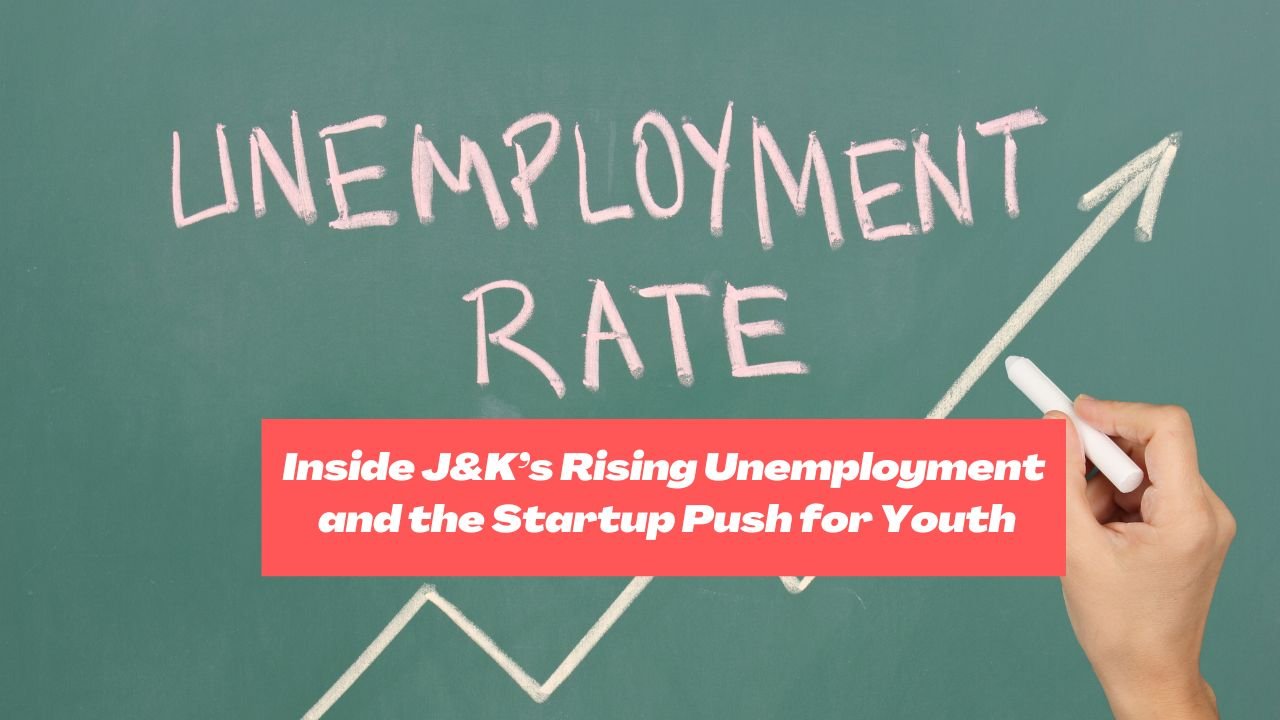The Jhiri Mela is one of the most significant and vibrant cultural festivals in the Jammu region. Held every year on the auspicious day of Kartik Purnima, this grand fair is a powerful tribute to the folk hero Bawa Jitto, whose tale of courage, honesty, and sacrifice lies at the very heart of Dogra culture.
The Legend of Bawa Jitto: A Story of Sacrifice
The Jhiri Mela is not just a festival; it’s a living narrative. It commemorates the life and sacrifice of Bawa Jitto, a farmer who stood against oppressive landlords for the rights of the common people. His struggle is a cornerstone of the region’s identity.
The legend states that Bawa Jitto sacrificed his life on a heap of grains at a place now known as Bawe ka Talab. In a final act of devotion, his daughter, Bua Kori, sacrificed her life by jumping onto his burning pyre. The very ground where the Jhiri Mela is held is considered sacred, with a temple marking the site of his pyre.
Watch the video below to witness the spirit of the Jhiri Mela:
Located in Jhiri village, just 22 kilometers from Jammu city on the Akhnoor-Poonch road, the mela transforms the area into a bustling hub of devotion and culture. It attracts over five lakh devotees from across North India, including Punjab, Himachal Pradesh, Haryana, and Delhi.
The focal point is the shrine of Bawa Jitto, surrounded by numerous religious structures built by devotees. The atmosphere is electric with faith, as pilgrims pay their respects and seek blessings.
Why is the Jhiri Mela a Must-Visit?
- Cultural Immersion: Experience the rich tapestry of Dogra culture, traditions, and community spirit firsthand.
- Historical Significance: Connect with a powerful historical narrative of justice and resistance that defines the region.
- Major Pilgrimage: Join one of the largest annual gatherings in Jammu and Kashmir, a true spectacle of faith.
- Architectural Interest: Visit the serene shrine complex that has grown organically from the devotion of millions.
Plan Your Visit:
The Jhiri Mela is held on the full moon day (Purnima) in the Hindu month of Kartik (typically October-November). It is easily accessible from Jammu city and offers a unique, authentic experience for anyone interested in the festivals and culture of India.

